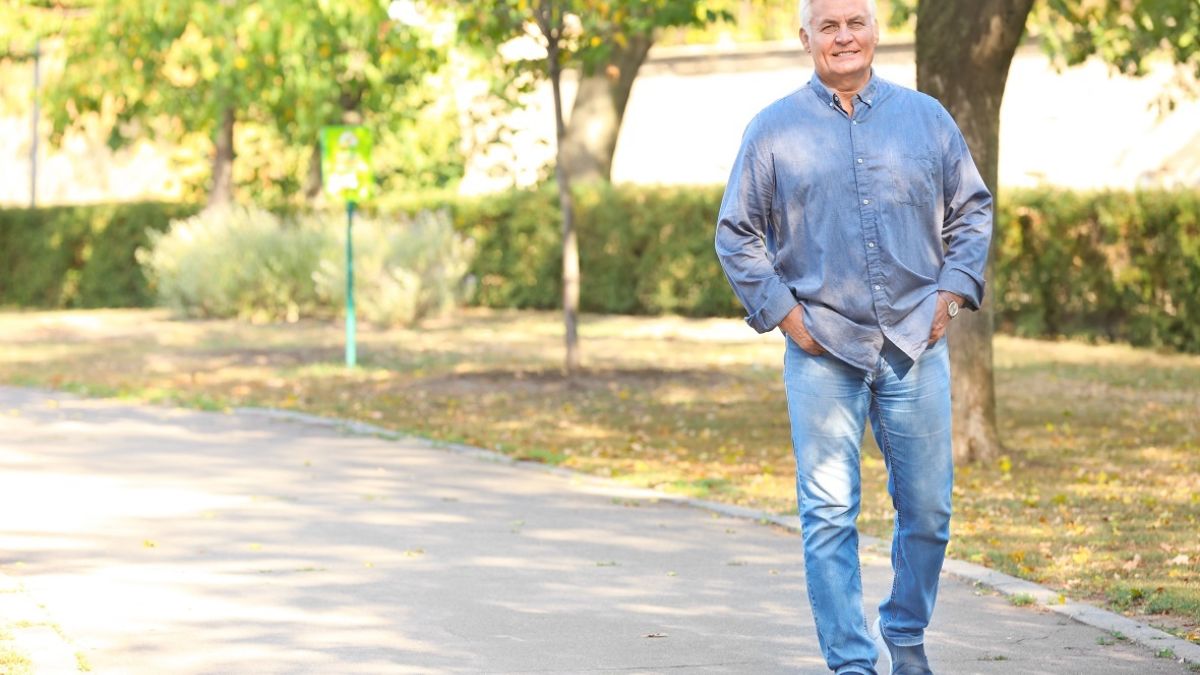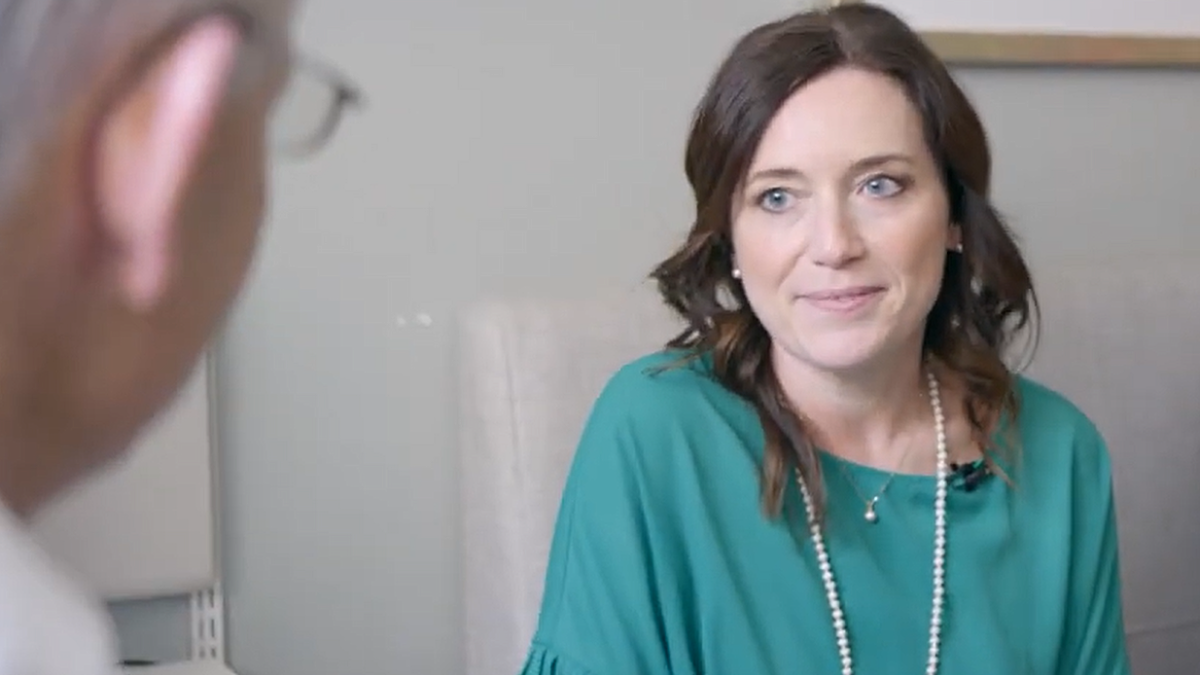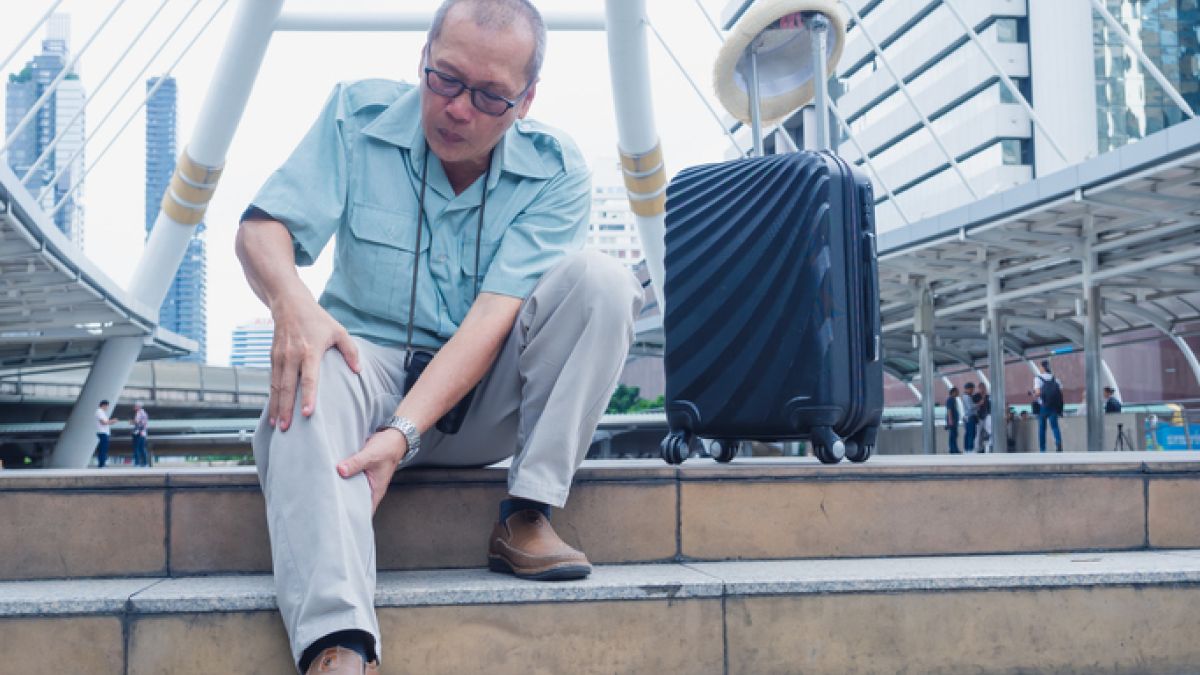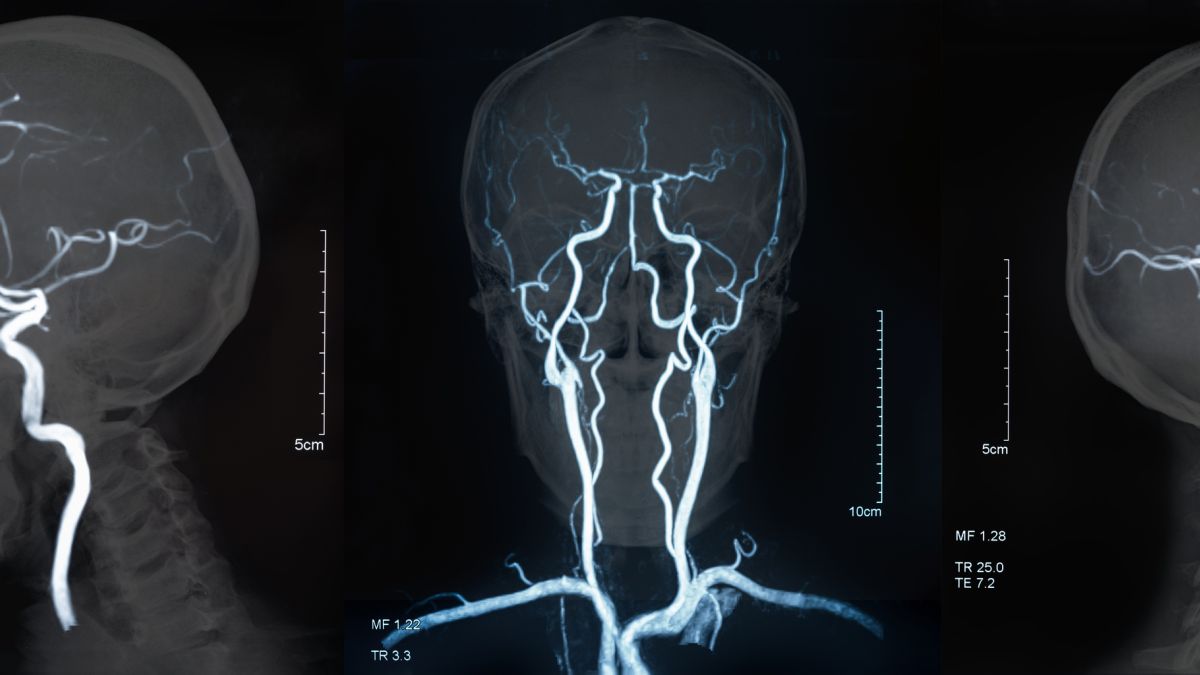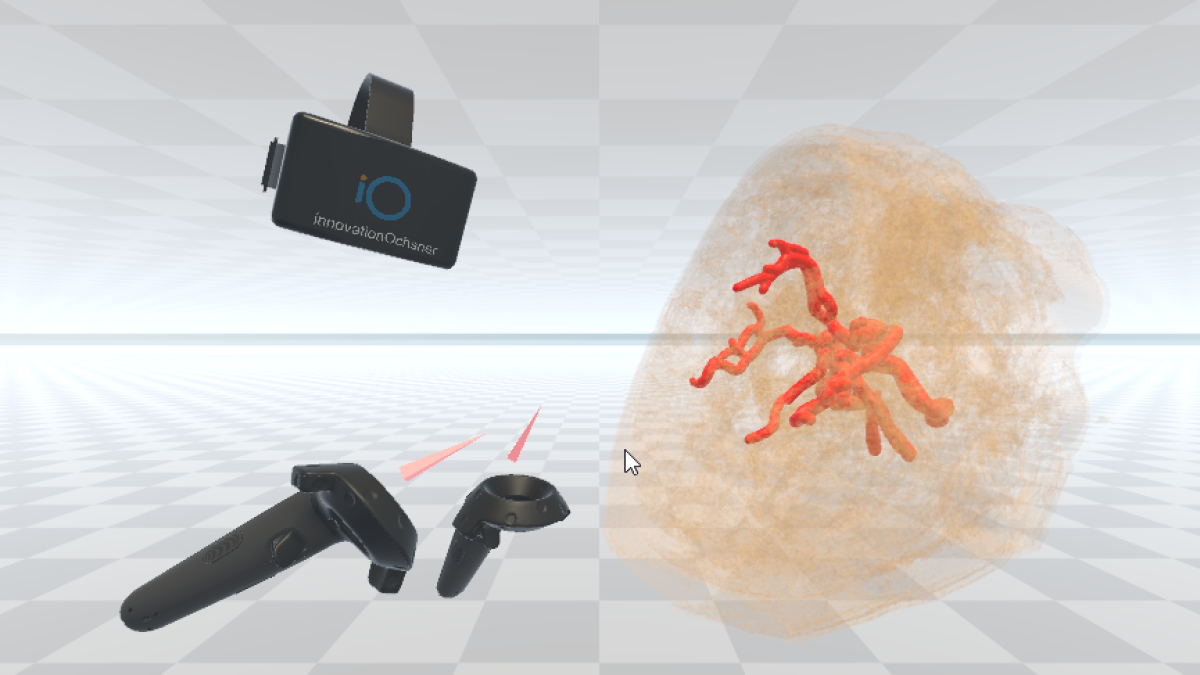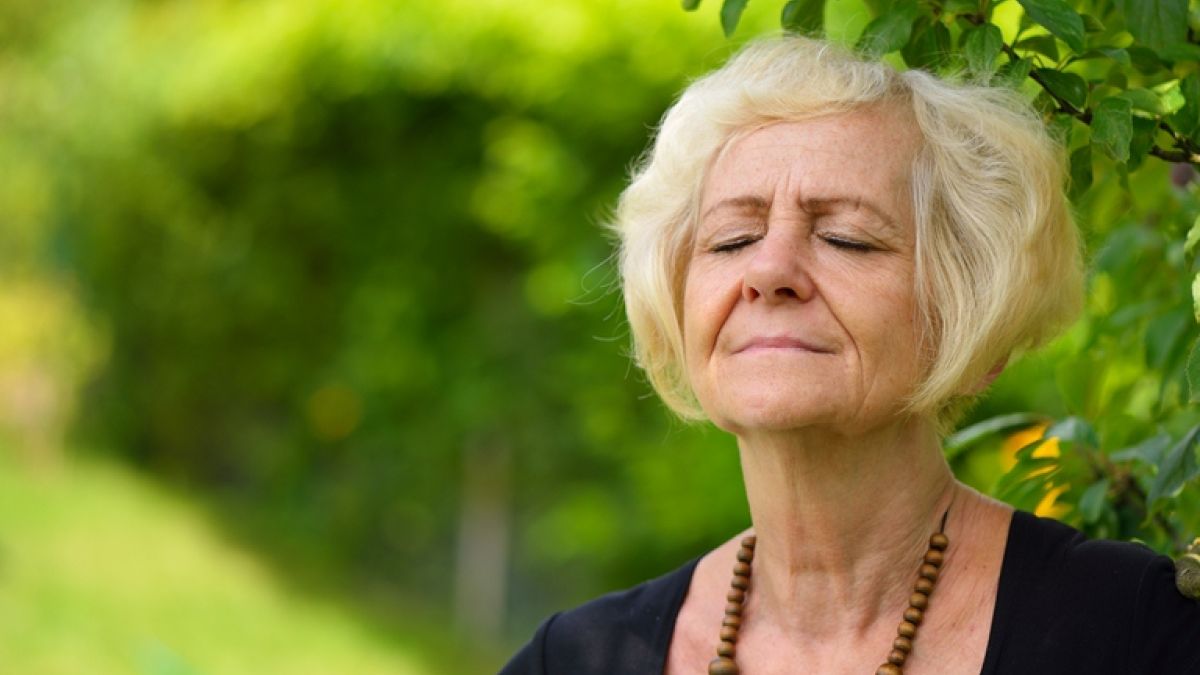Why choose Ochsner Health for vascular neurology care?
Timely and expert stroke care is necessary, and Ochsner’s vascular neurology team is dedicated to providing both. With locations in New Orleans, Lacombe, Slidell, Baton Rouge, Lafayette, Monroe, and Shreveport, Louisiana, we support patients across Louisiana, Mississippi, and beyond. Our team works tirelessly to deliver care when it’s needed most.
Vascular neurologists are experts in treating strokes and diseases affecting the brain and blood vessels. At Ochsner, they work closely with other specialists to provide care through a wide network of hospitals, clinics and rehab centers. The Ochsner Neuroscience Institute at Ochsner Medical Center - New Orleans a nationally recognized facility, leads this care.














